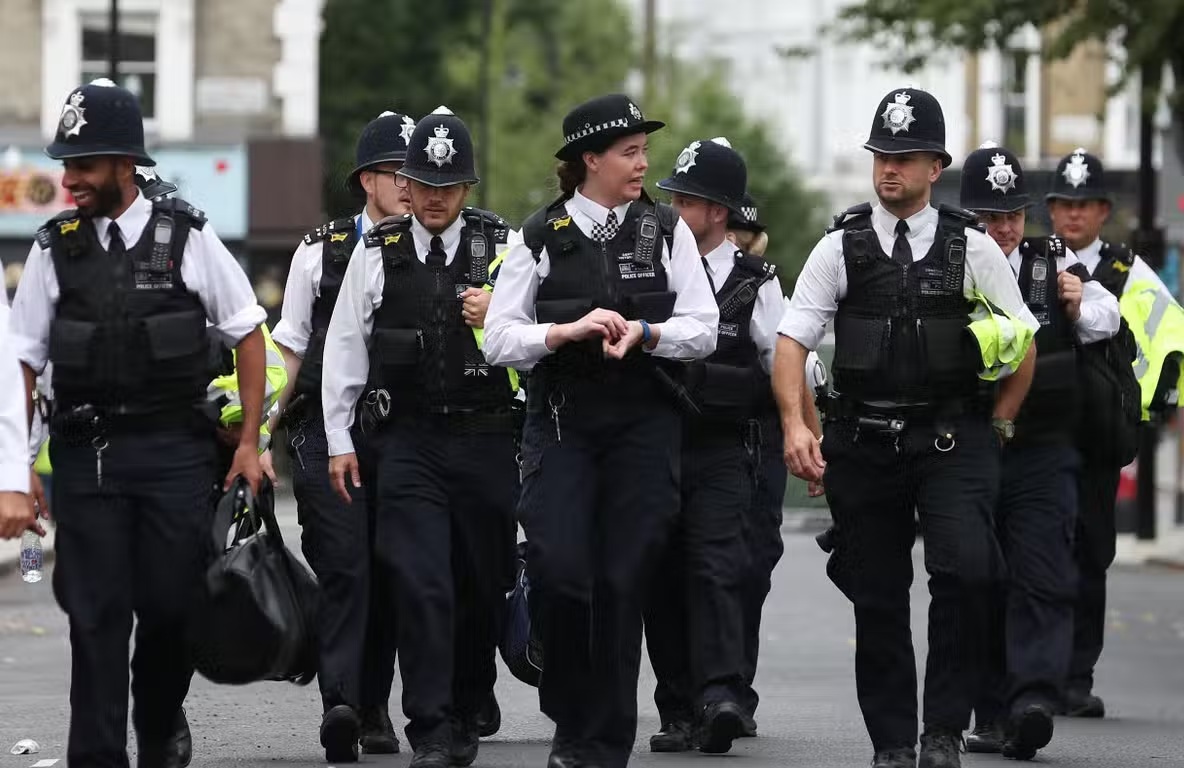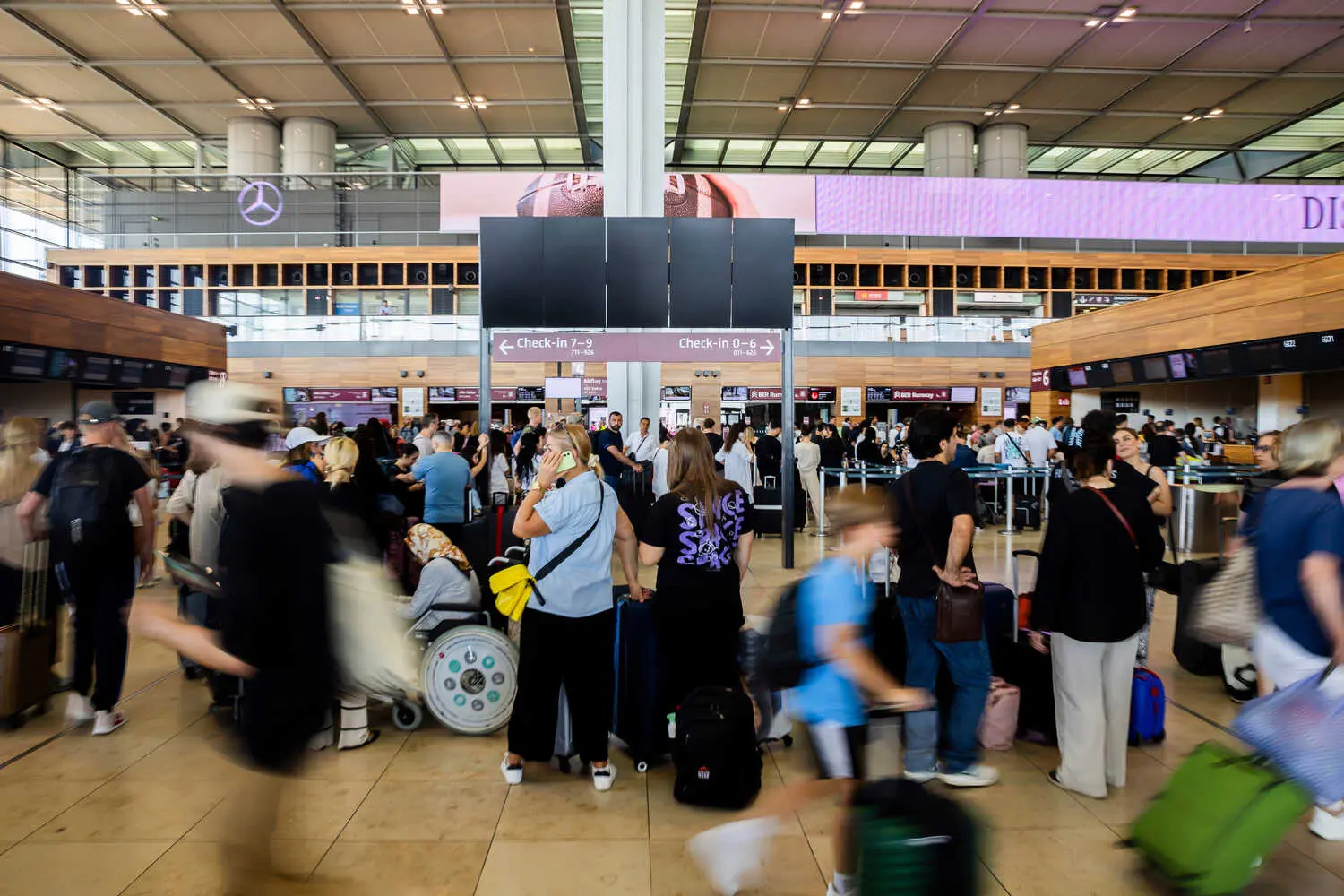European Centre for Counterterrorism and Intelligence Studies, Germany & Netherlands – ECCI
Young people’s ‘DIY ideology’ poses new UK radicalisation threat
thenationalnews – The UK’s counter-terrorism policy is “stuck in past debates” on Islamism and the far right – when young people today have a “DIY ideology” that poses a different radicalisation risk, experts said on Wednesday.Young people are being targeted by extremists who borrow the misogynistic language of online influencers such as Andrew Tate, The National has been told.
Britain’s Prevent programme, which tries to stop radicalisation, has long sat on a political fault line between those who focus on Islamist extremism and others who emphasise far-right threats.Zubeda Limbada, a director of anti-extremism charity Connect Futures, said the debate on Prevent was “getting lost in ideology”.“We’re still stuck in past debates,” she told a panel on Prevent at a Counter Terror Expo in London.
“The reality is that the Prevent space is messy and referrals are messy. People’s engagement with ideologies is messy.”Ghaffar Hussain, who works on community resilience in the London Borough of Newham, said people consuming information in short bursts such as TikTok videos were piecing together what he called “DIY ideologies”.“The threat has become much more diffuse in recent years,” he said.
“We’re seeing a lot of people who don’t really have a specific extremist ideology but believe in lots of different facets of extremist ideology.”Asked by The National what kind of ideologies were reaching young people, Mr Hussain said extremists were using misogyny more than before in a phenomenon he linked to Andrew Tate.
He warned this could lead to community problems such as pupils not respecting female teachers, even if it did not grow to become a terrorism or national security threat.“There’s an influence of misogynistic narratives into extremist narratives now. You’re seeing both far-right and Islamist groups focusing a bit more on the role of women,” he said.
“We’re not seeing many cases of someone being radicalised to violence merely by listening to Andrew Tate or similar misogynistic online influencers. It’s more a case of those narratives and messages influencing existing extremists to put more emphasis on what they believe the role of women should be in society.”
Liam Duffy, an adviser to the Counter Extremism Project, said Islamist extremists should be perceived as “more than a terrorist threat”.He said the UK should not fall into complacency despite no deaths from terrorism being recorded last year.“There are long, long periods between terrorist attacks, between recruitment flows to overseas conflicts, where to our eyes nothing happens,” he said.
“But that’s not the case. There is a lot happening and we need to know what is happening.”Richard Thompson, a Home Office security official, said countering extremist narratives online had become more difficult since the peak of mid-2010s Islamist extremism terrorism in Europe.He said people might be radicalised online by content that is not in itself illegal and which governments could not therefore order social media sites to take down.
“We are now in a time when, as the director-general of MI5 would tell us, we have a more varied threat, more individual terrorists acting for a range of issues in a range of ways,” Mr Thompson said.“Arguing that a dominant narrative is wrong is not as effective as it was in the past. I am convinced that where we can’t use the law to force removal, we need to be doing more.”




